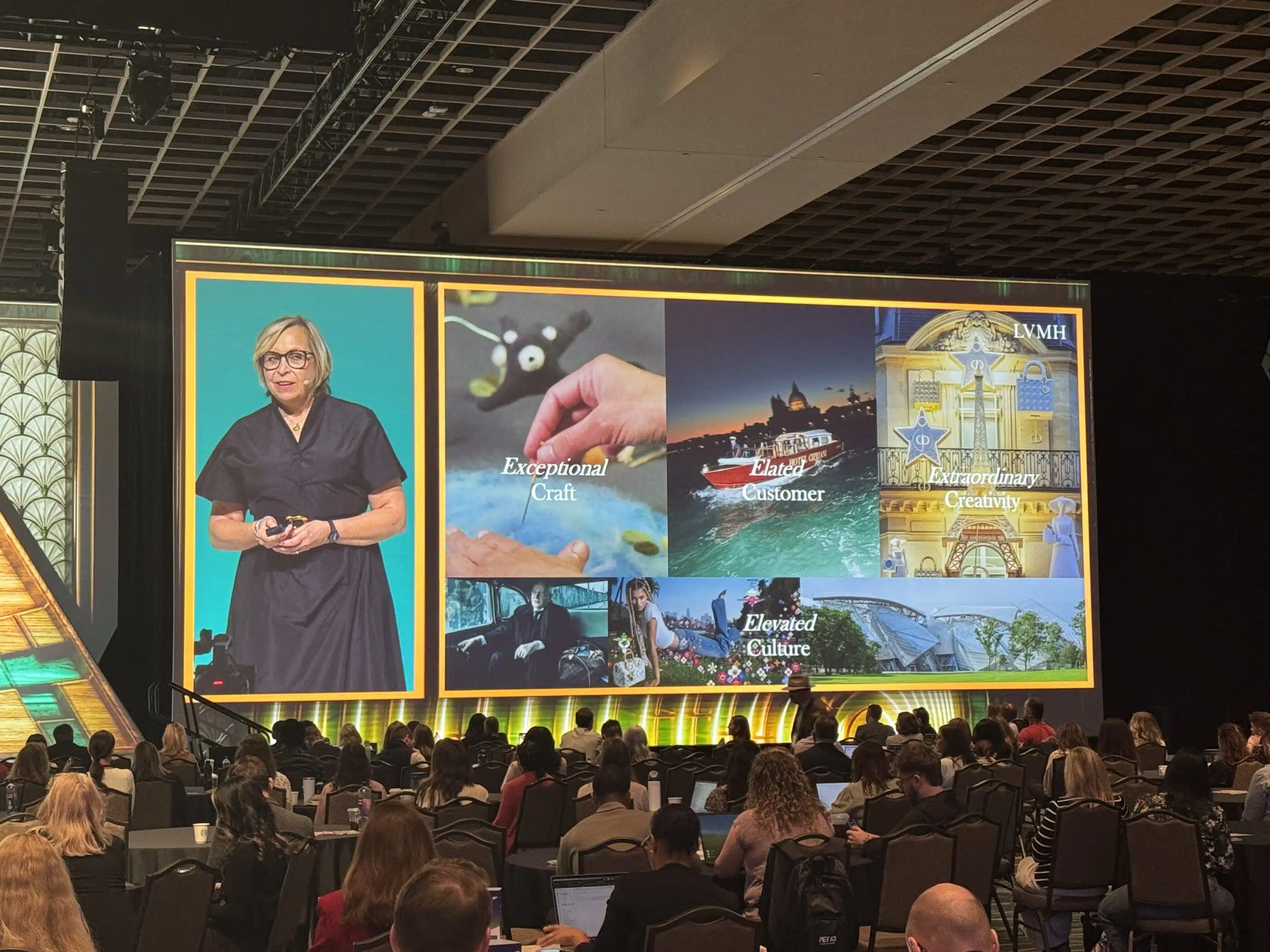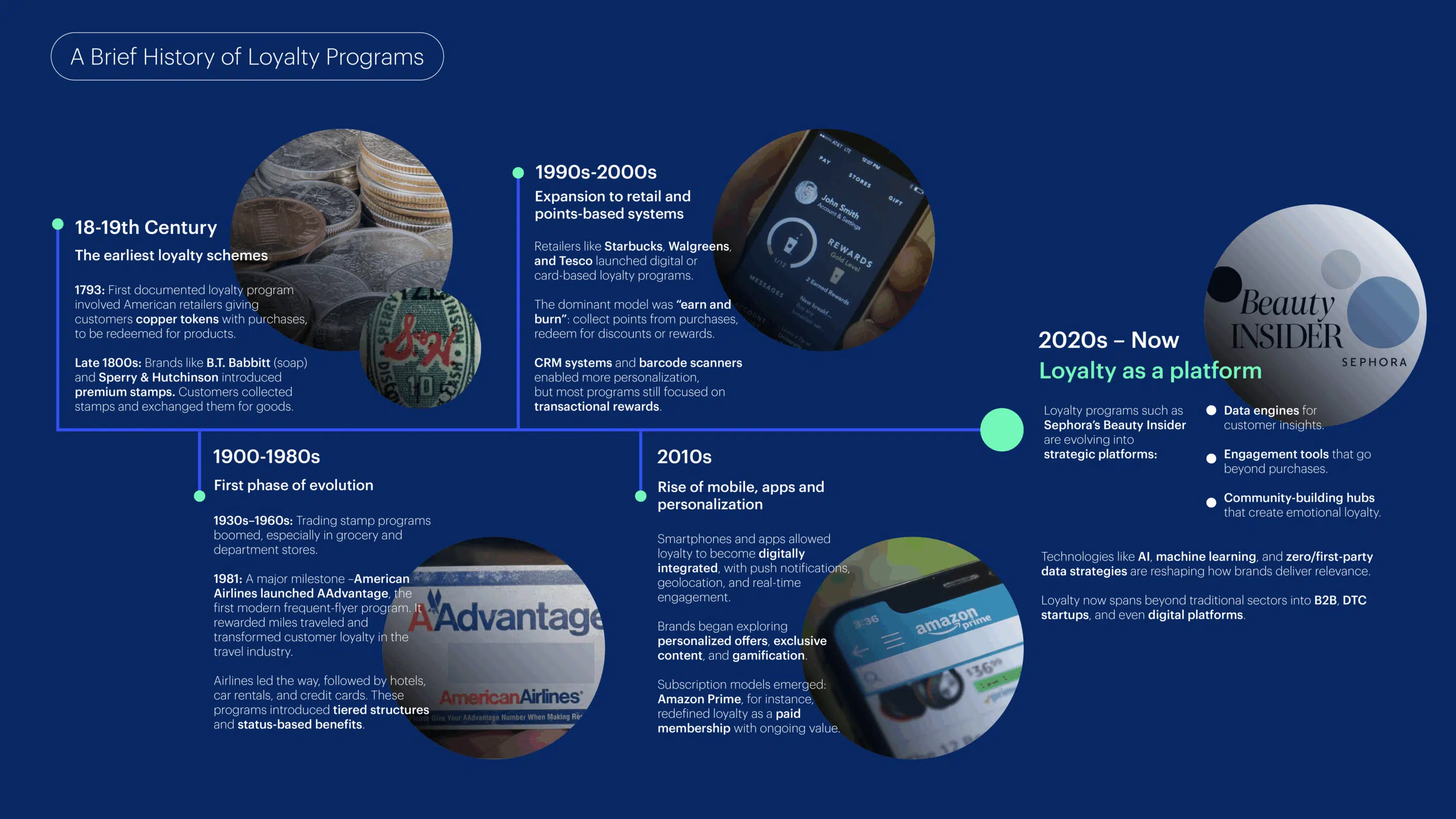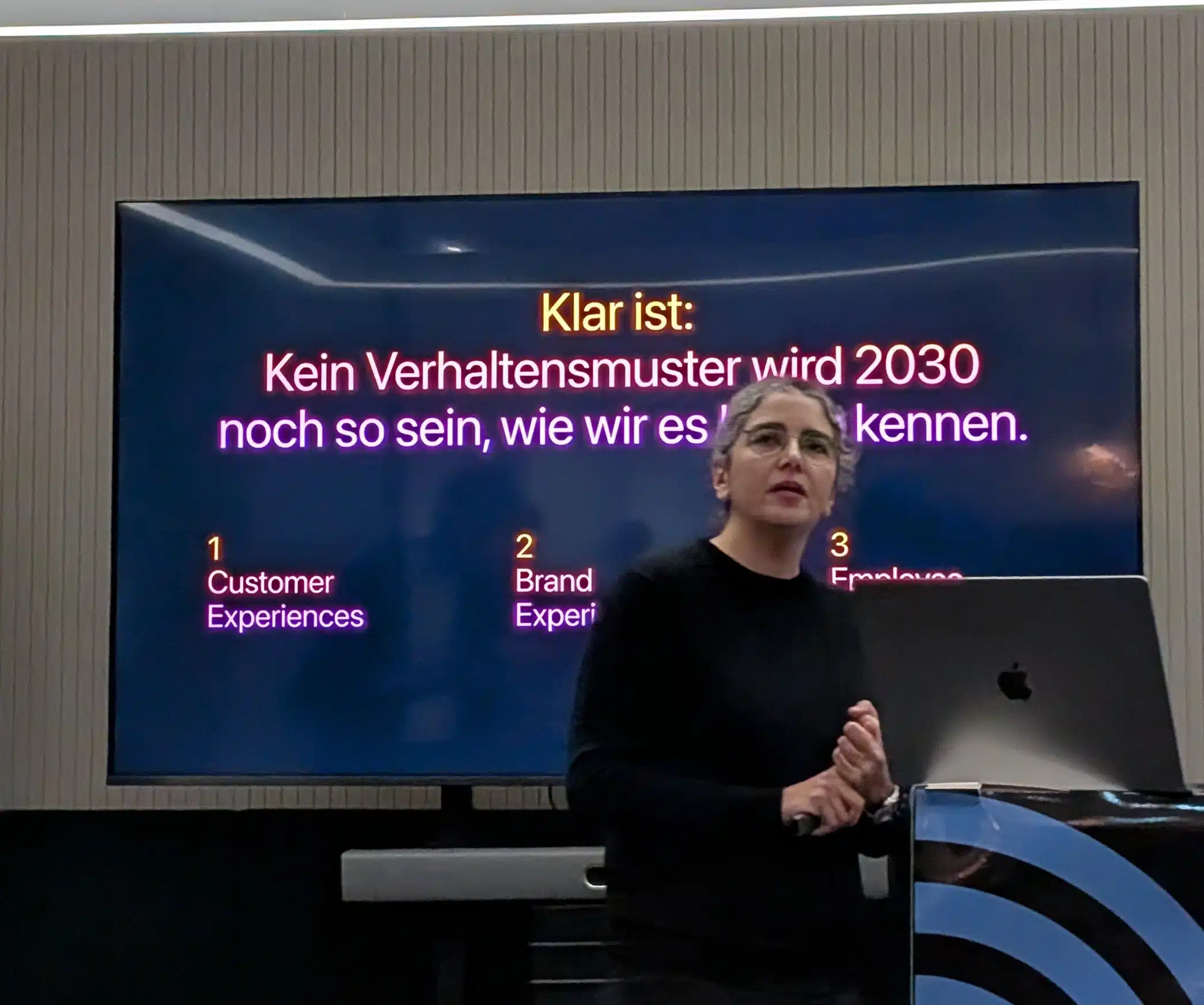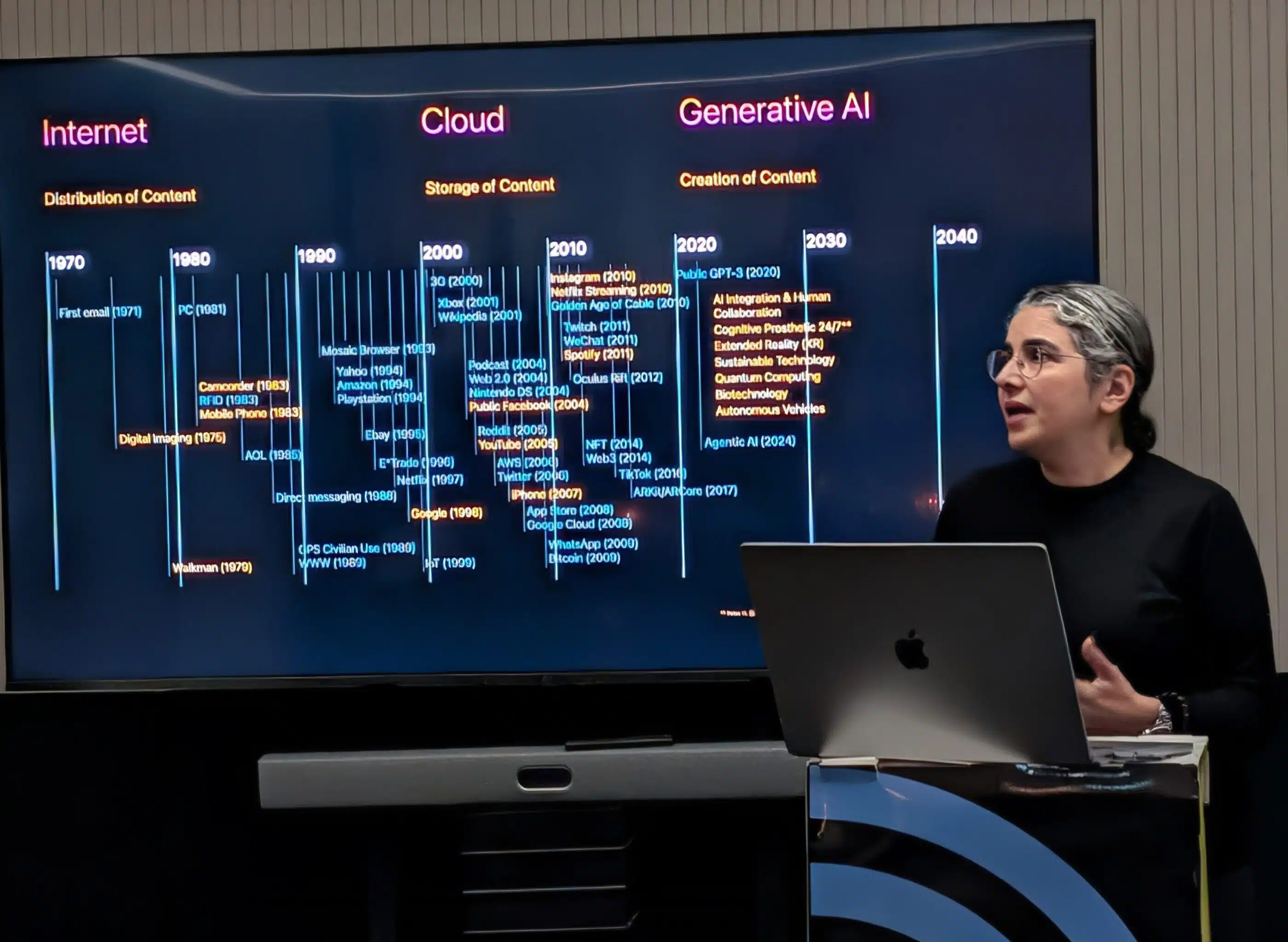BLOG
Speed AND Soul: Why AI Transformation Needs Humanity, Not Just Algorithms
Protecting your culture from AI transformation will require human-centered change.
The Illusion of Speed and Simplicity
We live in an age of AI hype: infinite value, instant transformation, and algorithms that solve all types of problems. But as Paul Hlivko warns in Harvard Business Review , those headlines often mask a much slower, more friction-filled reality: “AI will transform industries … but on enterprise time: longer, slower, and with far more friction than most expect.”. According to the article, corporate leaders routinely make six core mistakes, including underestimating the time needed, overestimating adoption, and obsessing over the models instead of the real, sustainable systems.
This aligns with what we see in practice: many AI transformation programs default to a standard consulting playbook—assess, reengineer, select technology, train, integrate, roll out. That is not wrong—but it’s insufficient. The promise of rapid returns often collides with legacy systems, cultural resistance, risk-averse governance, and organizational inertia. When execution lags, stakeholders grow impatient. Business cases underdeliver. Trust erodes. And the opportunity to capture exponential value slips away.
The Two Risks That Leaders Rarely Face Head-on
1. Underperformance: The Gap Between Expectation and Delivery
Even with strong investment, many AI programs will land somewhere in the “incremental improvement” zone rather than delivering dramatic transformation. According to KMPG’s 2025 Global CEO Outlook, leaders are betting big on AI—but they’re acutely aware that culture, adoption, and trust are real constraints:
- 71% of CEOs say AI is a top investment priority.
- 69% plan to allocate 10–20% of budgets to AI.
- Yet 63% of CEOs express concern about AI’s impact on culture.
- 33% see employee resistance to change as a serious barrier.
To HBR’s point: the world believes in rapid adoption, but in reality, enterprise adoption is often slow, uneven, and delayed by legacy constraints.
The result? Many organizations operate under a “speed illusion” thinking they’re moving fast, but really lagging in impact, adoption, and value captured. While CEOs are aware of the issues, they are not necessarily addressing them head on.
2. Cultural Erosion: The Risk of Becoming Soulless
Even when AI “works,” it can hollow out what makes organizations human.
HBR refers to fact that “We are automating work without really understanding it.” Many tasks involve “connective labor”, the human act of seeing others and reflecting understanding; something no algorithm can replicate. When machines take over more of what people used to do, employees start questioning their role and relevance. What remains if your unique ideas, judgment, or moral instincts are replaced by algorithmic suggestions?
Worse still, cutting out swathes of humans to be replaced by machines, like recent Amazon and UPS announcements to lay off 14,000 and 48,000 people respectively, spreads fear like wildfire. Remaining employees will be looking over their shoulder every day while they try to learn new processes/tools all while silently second guessing their own identity/worth/value as knowledge workers and experiencing survivor guilt over their departed peers.
Organizations are inherently social and human. Unchecked, AI transformation can erode purpose, identity, and distinctiveness—leaving behind a high-efficiency shell that feels no different from any other. In the worst case, leaders may wake up in a faster, but hollow firm, bleeding any talent that remains.
The Leadership Challenge: Balancing Technology with Humanity
The paradox is stark: you need both speed and soul. You need technology execution and human-centered change. Too much reliance on process and systems, ignoring identity, narrative and belief, and you risk cultural collapse. Too much focus on people without execution rigor, and you risk underwhelming returns.
The leaders who win in this era embrace a third path: integrative transformation, where machines and humans are co-designers of the future.
What does that require?
- A change narrative that connects AI to purpose, identity, and meaning—not just efficiency.
- Leadership that can manage emotional truth, change fatigue, and scepticism, not just process rollout.
- Investment in a culture of experimentation, trust, and iteration—so AI adapts with you, not against you.
What it Looks Like in Practice
- Start small, learn fast: Use early AI pilots to test the interplay of tech and culture before scaling.
- Layer on change ignition: Don’t just train—it matters how you engage, narrate, and embed belief in your people.
- Protect the “connective labor” parts: Recognize where human judgment, empathy, and identity still matter (and always will).
- Design for endurance, not demos: Move beyond one-off AI initiatives to sustained systems, governance, and cultural habits.
At Prophet, our core offer sits here: we amplify AI transformations by ensuring that it is not just delivered—but believed, felt and owned by the organization. This is human-centered change. We don’t just help change processes. We help you become the transformed organization.
Read our report, Human-Centered AI: Culture as the Catalyst for AI-enabled Growth, for more recommendations to prepare your organization for AI transformation here
There Has Never Been a More Important Time for Organizations to be Human
AI transformation is no longer optional—it’s happening, whether you lead it or are swept up by it. But most will not achieve it in the way that they imagine it. The most likely scenario is that change will be executed slowly, overbudget, and without meaning. You have choices; deliver speed but lose your identity, protect your culture but lag behind in impact or integrate both—becoming faster, more distinct, more human.
In a world racing toward automation, the greatest prize isn’t just efficiency—it’s being more human than ever.
FINAL THOUGHTS
Prophet was proud to be recognized in Forrester’s Organizational Change Management (OCM) Services Landscape, Q4 2025 report. Learn more in Forrester’s full report, available to Forrester subscribers and for purchase.
Our work at Prophet helps leaders align culture with purpose, strategy and brand to catalyze rapid, sustainable and profitable growth. We believe Forrester’s landscape affirms what we see every day: organizations that take a human-centered, data-driven approach are able to unlock the shifts that drive uncommon growth. Learn more about our solutions.































